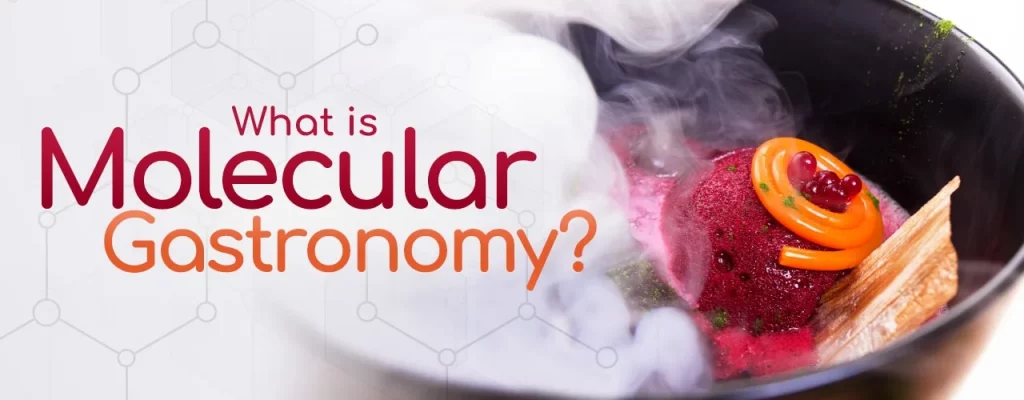
Molecular Gastronomy A Culinary Revolution
Molecular gastronomy, a culinary movement that explores the science behind cooking and food, has revolutionized the way we think about and experience food. By applying scientific techniques and principles to traditional cooking methods, molecular gastronomy has created a new era of culinary innovation and experimentation.
The Origins of Molecular Gastronomy
The term “molecular gastronomy” was coined by Nicholas Kurti, a Hungarian-born British physicist, and Hervé This, a French physical chemist, in the 1980s. Their goal was to investigate the physical and chemical transformations that occur during cooking and to apply scientific principles to improve culinary techniques.
Key Techniques and Innovations
Molecular gastronomy has introduced a wide range of innovative techniques and ingredients to the culinary world. Some of the most notable include:
- Spherification: This technique involves creating edible spheres filled with liquid. It is often used to create unique textures and flavors in dishes.
- Emulsification: Emulsification involves combining two liquids that are normally immiscible, such as oil and water. This technique is used to create sauces, foams, and other textures.
- Aeration: Aeration involves incorporating air into food to create light and airy textures. This technique is used to create foams, mousses, and soufflés.
- Texturization: Texturization involves altering the texture of food using techniques such as freezing, drying, and dehydration.
- Flavor enhancement: Molecular gastronomy techniques can be used to enhance the flavor of food by manipulating its chemical composition.
The Impact of Molecular Gastronomy
Molecular gastronomy has had a profound impact on the culinary world. It has inspired chefs to experiment with new ingredients, techniques, and flavors, leading to the creation of innovative and visually stunning dishes.
Some of the most famous chefs associated with molecular gastronomy include:
- Ferran Adrià: The Spanish chef is considered one of the pioneers of molecular gastronomy and is known for his innovative and avant-garde cuisine.
- Heston Blumenthal: The British chef is famous for his experimental approach to cooking and his use of scientific techniques.
- Grant Achatz: The American chef is known for his innovative and artistic approach to food, which incorporates elements of molecular gastronomy.
Criticisms and Controversies
While molecular gastronomy has been praised for its creativity and innovation, it has also faced criticism from some quarters. Some critics argue that the focus on technique and presentation can overshadow the importance of taste and flavor. Others have raised concerns about the use of artificial ingredients and additives in molecular gastronomy.
Despite these criticisms, molecular gastronomy continues to be a driving force in the culinary world. Its influence can be seen in restaurants around the globe, as chefs continue to experiment with new techniques and ingredients.
The Future of Molecular Gastronomy
As technology continues to advance, we can expect to see even more innovative and exciting developments in molecular gastronomy. New techniques and ingredients are being discovered all the time, and the possibilities for culinary experimentation seem endless.
Molecular gastronomy has the potential to transform the way we think about and experience food. By pushing the boundaries of culinary creativity and innovation, molecular gastronomy is helping to shape the future of the food industry.





